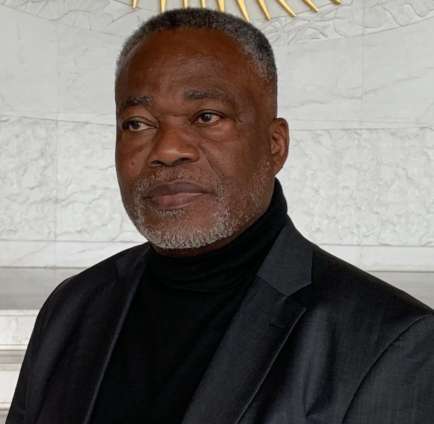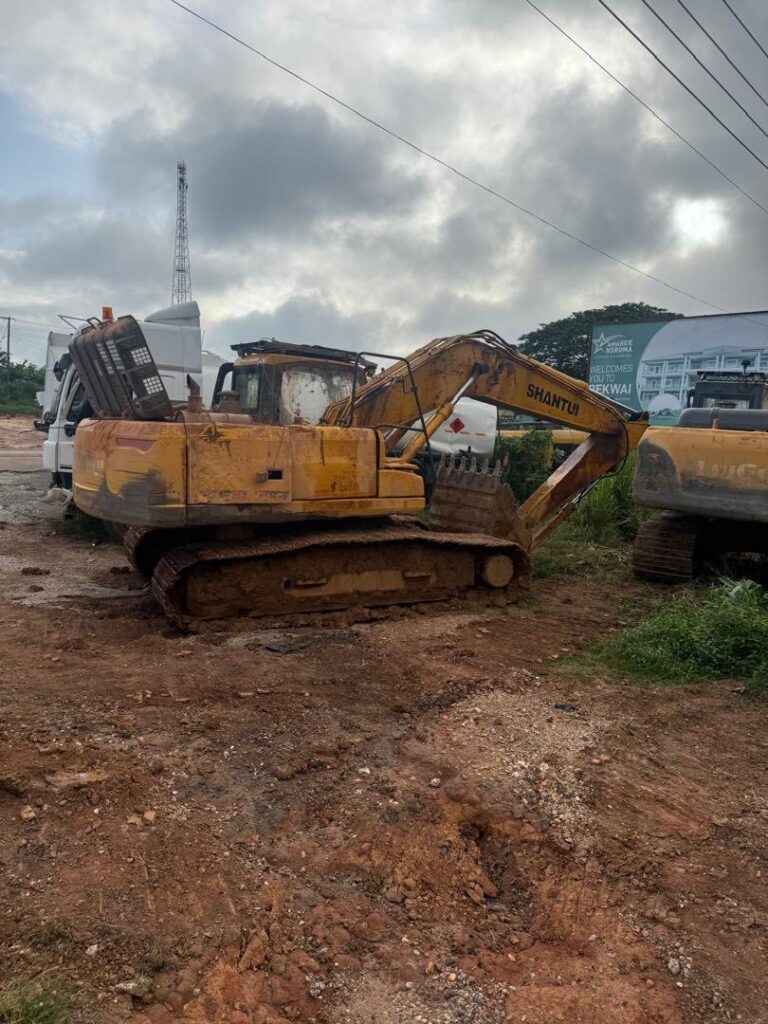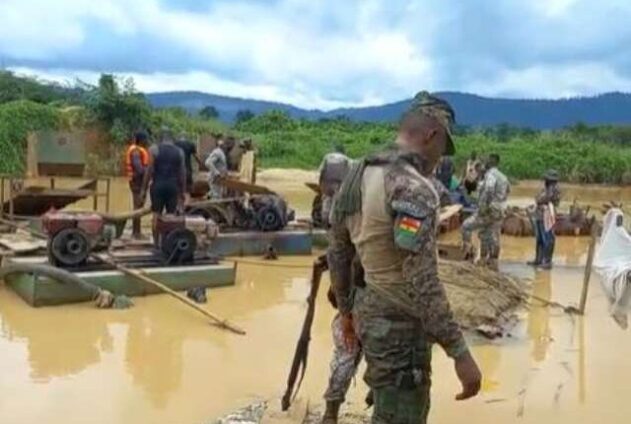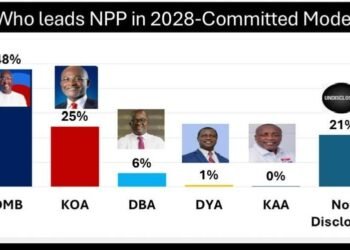Ghana’s ongoing battle with the galamsey crisis remains a subject of national concern, with security expert Col. Festus Aboagye (Rtd) pointing to fundamental operational shortcomings as major obstacles to military success in tackling illegal mining activities.
In his assessment, despite years of public discourse, authorities have yet to critically examine why military interventions have consistently failed to deliver meaningful results in combating the galamsey menace.
Col. Aboagye attributed much of this failure to political interference, arguing that the nature of the mandate and structural design of military operations have been influenced in ways that ultimately undermine their effectiveness.
“One of the underlying reasons is the political factor, the way and manner in which the military was mandated and how it was designed to conduct that operation. We remember the last time there were only 100 of them, which is less than the strength of one galamsey camp, commanded by a general.
“We were not told the concept of operations; we were told they were around the Akyem area. Then the next time, after three or so days, we found them somewhere in the Central Region. And then quietly they were withdrawn.”
Col. Festus Aboagye (Rtd)
Accordingly, Col. Aboagye warned that “if the political calculation is to pretend that the government is doing something, then that is not the way to fight galamsey.”
Drawing insights from an operational report he reviewed, Col. Festus Aboagye highlighted significant organizational weaknesses that, in his view, severely compromised the military’s anti-galamsey operations.
He explained that the deployed troops were inadequately prepared and lacked the essential logistical support needed to conduct a successful campaign.

For instance, the military units sent into galamsey zones were not equipped with critical tools such as flatbed trucks or tow vehicles—resources necessary for removing heavy and immobilized mining machinery from remote sites.
In many cases, he noted, illegal miners deliberately disabled their equipment by removing control boards, making it impossible for security forces to drive the machinery away.
Without the appropriate recovery vehicles, the military found itself unable to extract these machines, leaving them in place and allowing illegal operators to eventually reclaim and reuse the equipment.
This, he argued, represents a clear operational failure stemming from poor planning and resource allocation.
Missing Seized Equipment Fuels Galamsey Crisis
Col. Festus Aboagye further emphasized that the situation was made even more challenging by incidents where seized equipment simply went missing. Drawing attention to these cases, he referenced findings that confirmed the disappearance of confiscated machinery, describing it as a serious failure of operational control.
He attributed this problem to the absence of adequate protective measures and tracking protocols to secure equipment once it had been recovered from illegal mining sites.
Without proper systems in place to safeguard these assets, he argued, the equipment remained vulnerable to theft or mismanagement after being seized.

Additionally, Col. Aboagye questioned why military units deployed to address the galamsey problem operated without support from law enforcement personnel.
“Now, the military cannot arrest persons who are dealing in galamsey, we know that is not their role. That is a police function. But the composition of the team did not include police to effect arrests and subsequently prosecute.
“They did not have the Minerals Commission officials. These galamseyers are using chemicals. They did not have people who were technically minded to handle this.”
Col. Festus Aboagye (Rtd)
Addressing concerns about possible gold theft during anti-galamsey operations, Col. Aboagye did not shy away from the issue. He pointed out that deploying personnel into mining areas without strict controls often results in confiscated gold being misappropriated.
He explained that operations lacked the necessary systems to properly record seized gold and ensure it was treated as legal evidence.
Without clear documentation and chain-of-custody procedures, there was little accountability over recovered resources, leaving them open to being stolen or untraceably lost during the course of enforcement activities.

Accordingly, Col. Aboagye stressed that the nation’s failure lies in its lack of strategic direction: “So, I say that what we are lacking is a strategy. It is not about using the military or using anybody.”
As public concern about galamsey grows, Col. Aboagye’s observations have reignited questions over the effectiveness of current interventions.
Experts now warn that without comprehensive, multisectoral reforms—including police involvement, regulatory oversight, and environmental safeguards—the government’s campaign risks remaining largely symbolic.
READ ALSO: Bloodbath in Bonds, Boom in Banks: GSE’s Split Personality in June 2025























